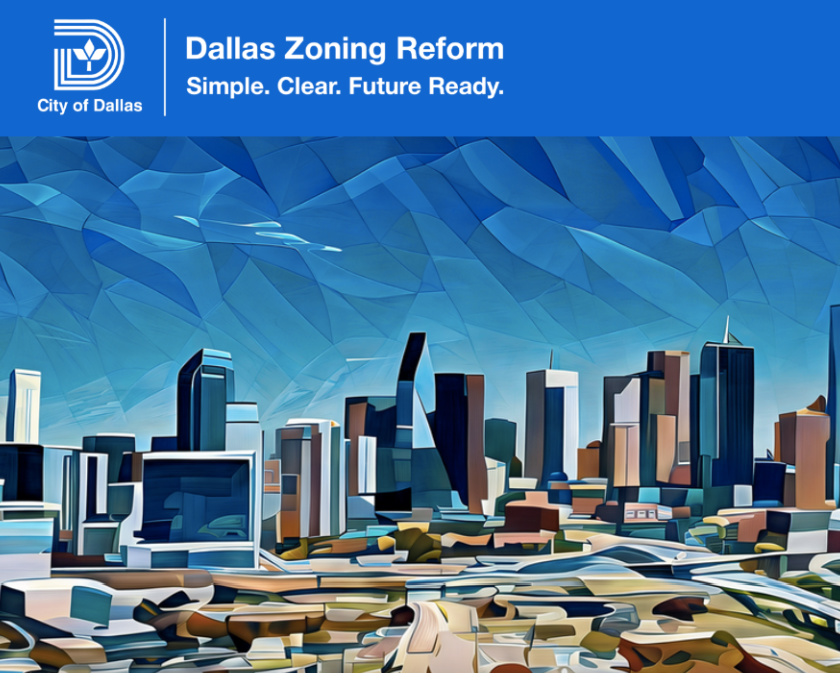
Zoning is one of the most powerful tools a city can wield. It not only determines where buildings can go but also how neighborhoods grow and function — or don’t. No wonder folks in Dallas are engaging with the issue as the city embarks on a historic overhaul of its land use policies.
The Dallas City Council will get its first briefing on zoning reform on Wednesday, the next step in what’s going to be a lengthy approval process. The anticipated adoption date is sometime in late 2026 or early 2027.
Staff held a number of public engagement meetings earlier this summer to introduce residents to the framework of their proposal, which seeks to simplify the existing code and implement ForwardDallas 2.0 by allowing for more types of housing in residential areas (ADUs, duplexes, triplexes, etc) and facilitating the development of more walkable, transit-oriented neighborhoods characterized by mixed-use projects.
According to the presentation on Wednesday’s agenda, more than 500 people have engaged with the city on zoning reform by either attending meetings or submitting their thoughts online. Key concerns being voiced by residents have to do with transparency, the character of single-family neighborhoods, the proximity of heavy industrial to residential areas, the elimination of special use permit renewal requirements, and allowing ADUs by right.
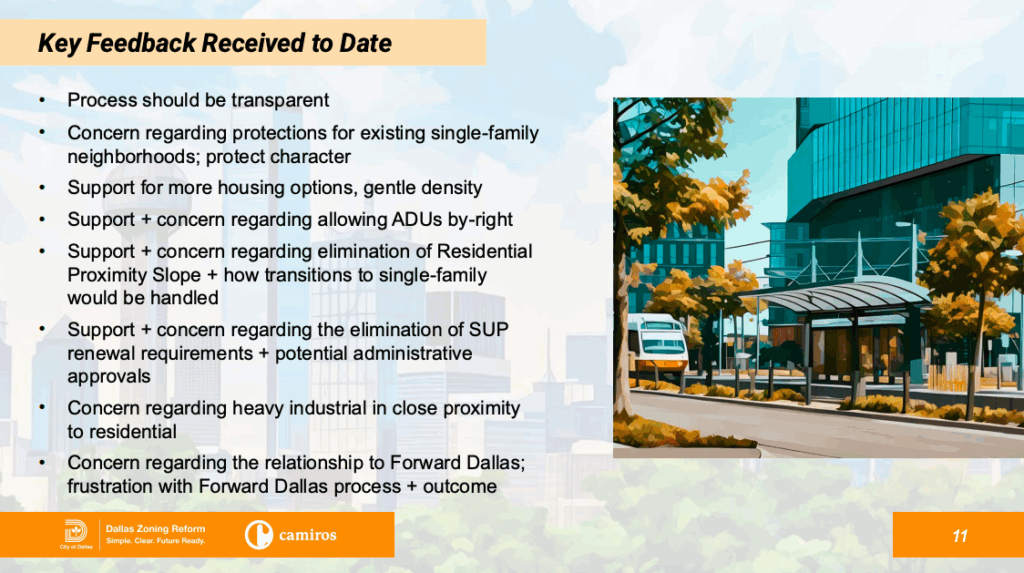
In the presentation, the city said it aims to “build trust and increase understanding of zoning reform by connecting it to residents’ everyday lives through consistent, community-centered communication.”
To that effect, staff will be putting on an educational listening series next month on September 9, 11, and 16 and releasing multimedia materials on their proposed vision to reform the city’s zoning code.
Last week, dozens of people turned out to hear from zoning expert Sara Bronin at the Latino Cultural Center. The gathering was promoted by the Dallas Housing Coalition in partnership with the Planning & Development Department.
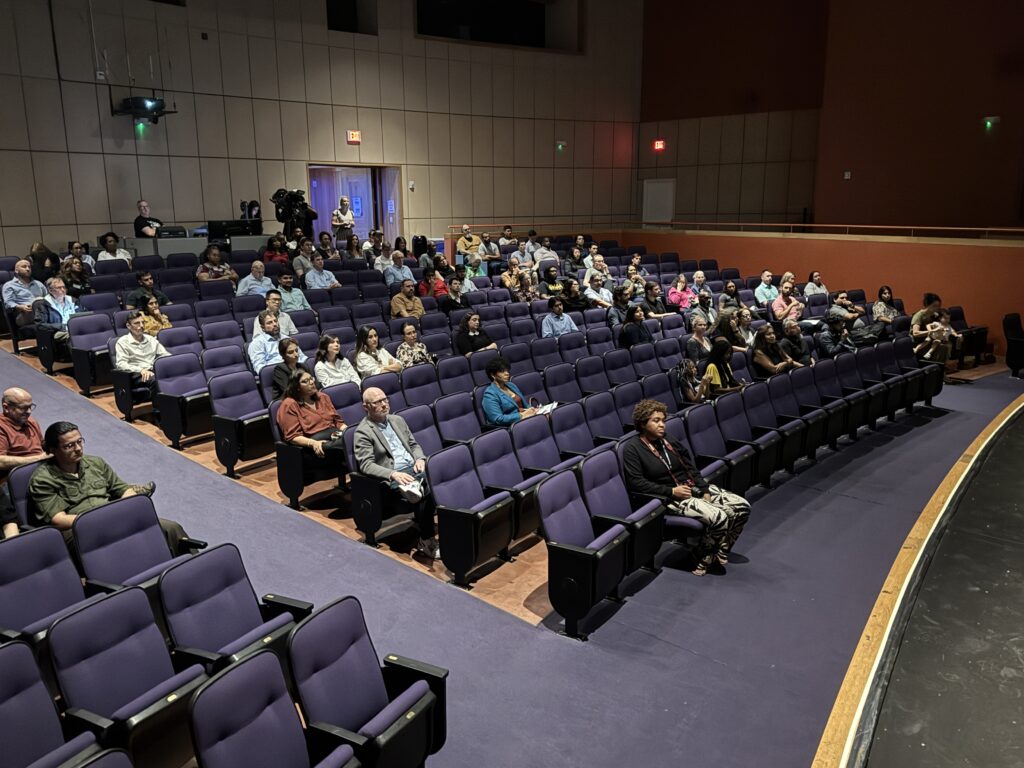 Audience at Sara Bronin’s zoning presentation at the Latino Cultural Center on August 12, 2025. Credit: Dallas Housing Coalition.
Audience at Sara Bronin’s zoning presentation at the Latino Cultural Center on August 12, 2025. Credit: Dallas Housing Coalition.
Bronin is the founder, president, and CEO of the National Zoning Atlas project, which seeks to make “zoning data actionable and accessible” by creating housing snapshots for as many jurisdictions as possible.
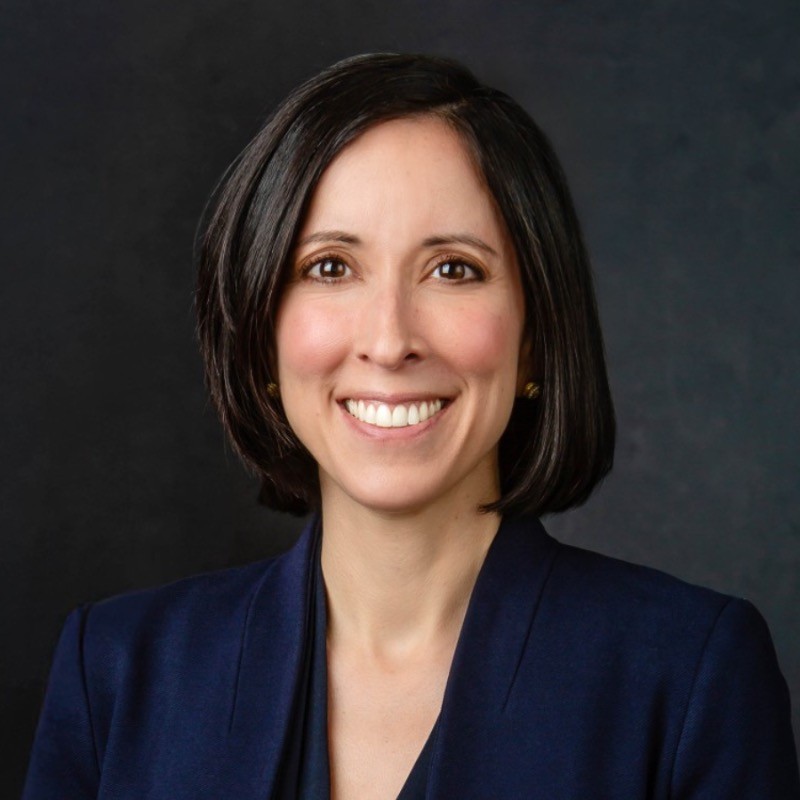 Sara Bronin
Sara Bronin
“Essentially, what we are doing is we are reading zoning codes and we are using that information to build an integrated map showing how places zone,” Bronin said. “In the map, we are able to quantify the amount of land that allows certain kinds of things … the percentage of land that allows single-family housing or large lot sizes, and it enables apples to apples comparisons across jurisdictions for the first time.”
She said that 51% of zoned acres in Dallas allow for single-family housing by right. Meanwhile, only 8-9% of zoned acres allow for multifamily housing by right.
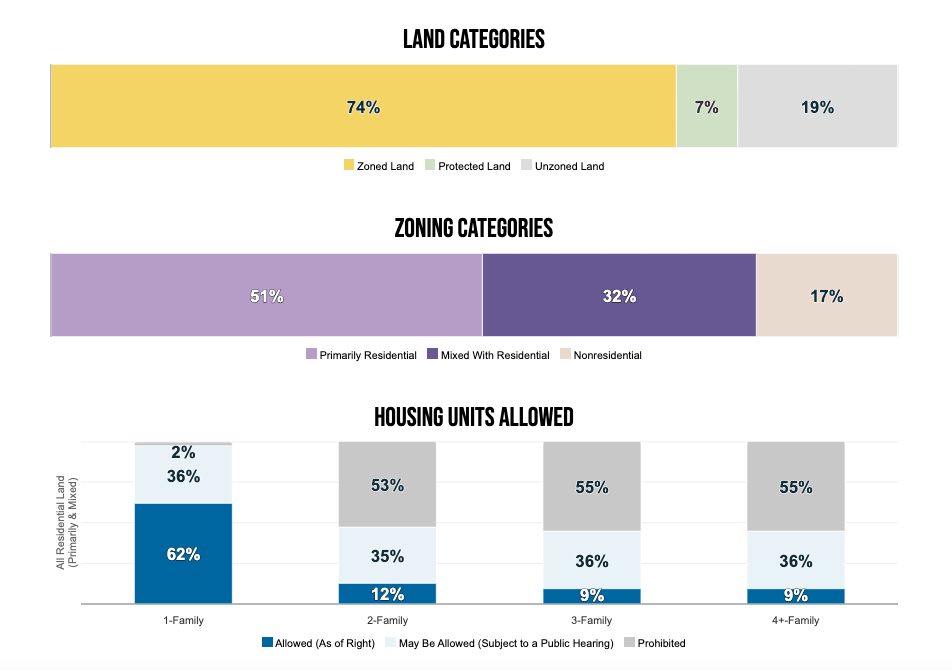 Dallas zoning data snapshot. Credit: National Zoning Atlas.
Dallas zoning data snapshot. Credit: National Zoning Atlas.
Many in the United States are dealing with affordability issues when it comes to housing. High interest rates and limited supply are pricing a lot of people out of the housing market, but state officials have been working to boost housing stock. In Texas, that has come in the form of policies that empower developers and weaken municipal checks on what kind of housing can be built where (in other words: zoning), much to the chagrin of single-family neighborhood activists who are wary of the potential impacts on their communities.